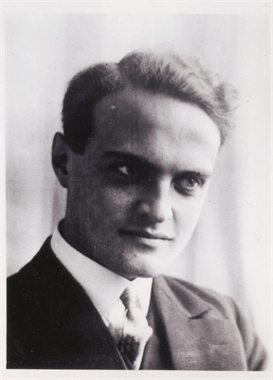Read this passage from a memoir of being young in 1920s Germany, and compare the 2020s:

“A generation of young Germans,” [Sebastian] Haffner writes, “had become accustomed to having the entire content of their lives delivered gratis, so to speak, by the public sphere.” The stability that followed Gustav Stresemann’s becoming chancellor in 1923 marked “the return of political liberty,” which, Haffner writes, Germans regarded “not as a gift, but as a deprivation.” Haffner goes on: “The great danger of life in Germany has always been emptiness and boredom. The menace of monotony hangs, as it has always hung, over the great plains of northern and eastern Germany, with their colorless towns and their all too industrious, efficient, and conscientious business and organizations. With it comes a horror vacui and the yearning for ‘salvation’: through alcohol, through superstition, or, best of all, through a vast, overpowering, cheap mass intoxication.”
From Charles Tayler’s review of Sebastian Haffner’s Defying Hitler (Salon 2002). The review has this tag line: “A newly discovered memoir by a German classified as ‘Aryan’ describes the insidious early spread of Nazism and how hard it was to resist.”
(In 2021, it’s tempting to substitute “Wokism” and see how that tag line reads now. Insidious spread, indeed.)
Related: Nietzsche and the Nazis.